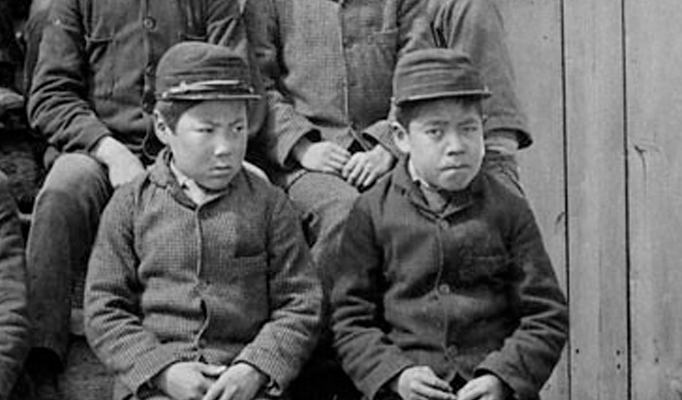
Recently I wrote about forgiveness and the way I was responding to the 215 children in a mass grave, at the Kamloops residential school. When I think about my reaction, I have to immediately step outside of myself, and think deeply about my fellow Indigenous People.
How to process the shock and awe of the discovery of these mass graves. Many people are reacting and responding through various forms of social media, the news, and one on one conversations. Those reactions come in five different ways – with apathy, empathy, sympathy, interpathy or designated support. Let me explain.
Apathy is an attitude of not caring; empathy is noticing a person and maybe giving them a handout, but nothing more; sympathy takes it a step further and may give the person something, and listen to them for a short amount of time; interpathy is a term that refers to someone who walks along side that person to discover their pain, suffering, and story; and designated support is a term that I’m defining as a person who stays with a person. Staying and dwelling in and through someone else’s journey. Crying with them, laughing with them, and becoming a permanent attachment to them for life.
Our relationships with each other, in reaction to the Kamloops tragedy, will fall into one of these five categories. I asked one of my daughters what she thought of my first article, and she said that it was good, but many of our people might want to hear about how important it is to be allowed to grieve. I’ve been thinking about that more and more in the last few days as well. The grieving process has a number of stages within it. Depending on who you talk to, and which experts are giving advice, you will find everything from four stages to 12 stages.
The bottom line is that we will never move forward in Canada, in relation to this train-wreck of history, until we stop telling people to get over it or to just move on. There needs to be a deeper level of understanding, as we all go through the five different stages of communication and understanding and the various stages of grief.
We all grieve in different ways. Some of us go silent. Some of us get angry. Some of us get depressed. We are all processing events such as the Kamloops tragedy in different ways. We can respond with apathy and depression, or with sympathy and anger. We can also respond with acknowledging we all have a history of suffering and injustice, and we need to be concerned about each other. Somewhere in our own family histories we have tragedy, suffering, injustice, or maybe even genocide. These are all evil actions permeated from one evil person to an innocent person.
God sees all of this going on. Just like when we see in the story of Moses in the book of Exodus. God is calling Moses to go into full-time rescue ministry with his own people. “The Lord said, ‘I have indeed seen the misery of my people in Egypt. I have heard them crying out because of their slave drivers, and I am concerned about their suffering. So, I have come down to rescue them from the hand of the Egyptians and to bring them up out of that land into a good and spacious land, a land flowing with milk and honey – the home of the Canaanites, Hittites, Amorites, Perizzites, Hivites and Jebusites.’” (Exodus 3: 6-8, NIV)
When we take a look at the original language in this passage, with regards to the word concerned, it means a type of concern where God not only knew about their suffering, but He fully intended to do something about their suffering. When we compare the Exodus story of the people of Israel from Egypt, where they were in slavery for 400 years, we see the same story of the Indigenous People of Canada and the Native North Americans in the USA. Ever since the late 1400’s, leading up to today, there has been a plethora of tragedies and injustices against one generation after another.
The residential school system is just one chapter in the last 500 years of Indigenous people being dominated and looked down upon. Yes, there are some people who have truly loved my fellow Indigenous people, but generally in Canada there is still much tension and misunderstanding. The Kamloops event is sure to add to that tension, but it can also lead to more dialogue and understanding.
The way we respond to people, including acknowledging the grieving process, can be complex. Yet, if we keep in mind the way God responds to people, based on what we see in Exodus, we see that when there is suffering of a person, or a people, there needs to be action. Action, along with concern, is vital, otherwise it’s just shallow thoughts of empty reflection, which doesn’t move us as a nation forward, or doesn’t please the heart of God as the ultimate example of concern.
He not only sent His one and only son, Jesus, to walk with us, but He sent Him to give His life for us on a blood-stained cross. This is where our responses need to be. When we look at Jesus, who was a fulfillment of the life of Moses, we know how to respond.

Leave a Reply